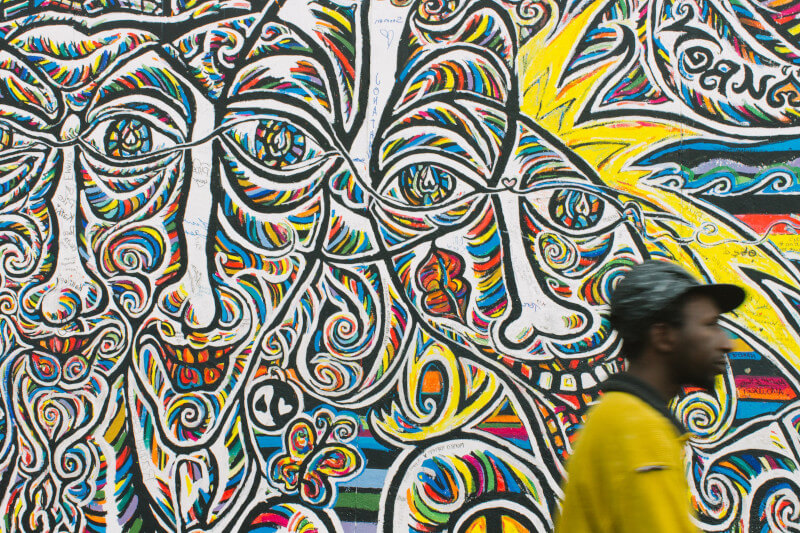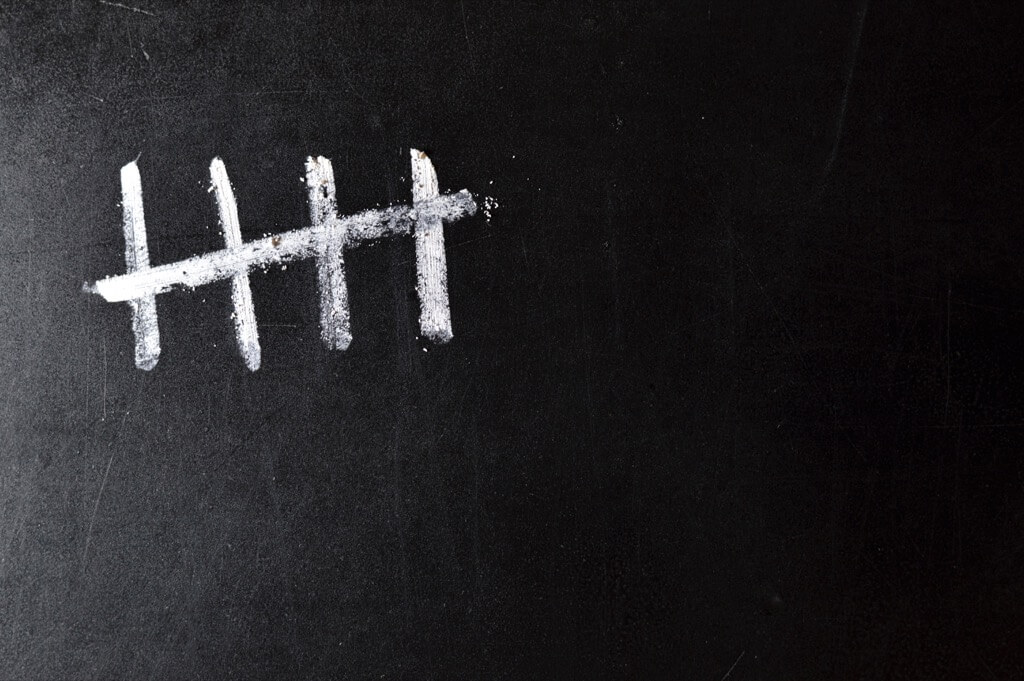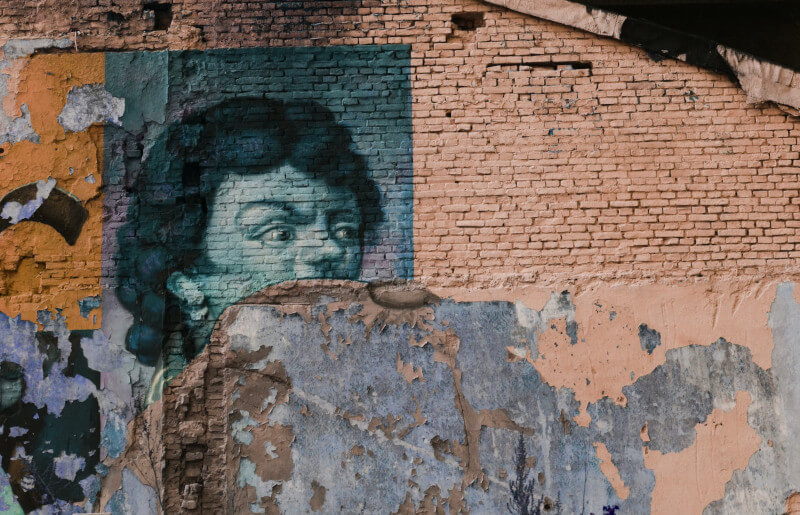A Crisis in the Relief Fund
South African artists from all walks of life have joined together to demand that Sports, Arts, and Culture Minister Nathi Mthethwa change the eligibility requirements for the R150 million COVID-19 relief fund. Unfortunately, many of the country’s creatives have taken a disliking to the fund that was set up to help them weather the economic storm caused by the pandemic.
In response to the unprecedented economic crisis brought about by the COVID-19 pandemic, the South African Department of Sports, Arts, and Culture launched the R150 million Arts and Culture Relief Fund. The core idea behind the relief fund was to soften the financial blow for those involved in the cultural and creative industries, one of the hardest-hit sectors during the pandemic, given the restrictions on social gatherings, performances, and events.
The Fund’s Genesis
Understanding that artists and performers rely heavily on live performances for their income, the fund’s establishment sought to provide financial lifelines to struggling creatives during the pandemic. While the initiative’s inception was met with hope and gratitude from artists countrywide, the allocation and execution of the fund quickly became mired in controversy and dissatisfaction.
Dissecting the Criteria
The fund’s guidelines initially stipulated that applicants had to prove a loss of income as a direct result of the COVID-19 pandemic. This primarily included proof of cancelled bookings and events that could not take place due to the pandemic restrictions. Essentially, artists were required to demonstrate that their income-generating activities were significantly impacted by the pandemic and that they were in a state of financial hardship as a result.
In addition, to ensure fair distribution of the fund, the criteria emphasized that the applicant must be a South African citizen and registered as a taxpayer. They also had to be in good standing with the Companies and Intellectual Property Commission if they ran a registered company.
While seemingly straightforward, the criteria have been widely criticized for being too restrictive and out of touch with the realities of the arts and culture sector. Critics argue that the strict adherence to administrative requirements, such as taxpayer status and company registration, excluded a vast majority of creatives who work informally or are not consistently engaged in income-generating activities due to the sporadic nature of the industry.
Understanding the Discord
Many artists in South Africa function outside of formal structures, making it difficult for them to provide the required documentation to meet the fund’s criteria. Coupled with the short application window, it has become clear that a more inclusive and considerate approach may be needed to truly support the artists who are at the heart of South Africa’s rich cultural tapestry.
The call for revised criteria is not simply about redefining eligibility. It is a plea for a deeper understanding and recognition of the diverse ways in which the arts and culture sector operates. For the relief fund to hit the right note, it must harmonize with the reality of artists’ lives and livelihoods. Only then can it serve as a true enabler, offering much-needed support to the South African arts and culture industry during these challenging times.
Why All the Commotion?
Mthethwa mentioned the staggering number of 5,000 submissions from the arts and cultural sector during a recent media briefing. There were a whopping 603 applications out of a total of 1,050 that were not recommended for payment. The minister said that failure to follow the rules for the fund was the main problem.
Artists United for Harmony’s “Change the Criteria!”
According to Thokozani Ndlovu, alias L’vovo, a Kwaito performer based in Durban, the existing rules disqualify many talented musicians. He said that the minister and his staff should reconsider their selection criteria because of the large number of applications that were rejected. DJ Tira, creator, and CEO of Afrotainment, said he and many other musicians haven’t heard back from the agency either.
The Second Call, a Glimmer of Hope
According to Stanley Khoza, a spokesman for South African Music Industries (Samic), these concerns have prompted a second request for artists to apply. However, many creatives feel they weren’t given enough time to get their applications together for the first round of submissions. Khoza extended a helping hand to these creatives, suggesting they organise their paperwork and maybe even use posters for postponed events as evidence of lost income.
Provinces Should Work Together Because They Have the Most Experience
DJ Tira suggested a way to fix the problem. I hope the federal government will cooperate with the states since the states know their artists and how they operate best. I think this would speed up the payment process for creatives.
Many artists are unable to cover basic living expenses like rent or food while the government works to find a solution. Actor Siyabonga Shibe of Uzalo expressed frustration with the industry’s alleged bias towards athletes at the expense of artists.
What Comes After This Crescendo for South African Musicians?
While the uproar caused by the relief fund dies down, South African artists are keeping their fingers crossed that the fund’s eligibility requirements can be relaxed so that more people in their field can receive aid. The Department of Sports, Arts, and Culture has heard their pleas, and one thing is becoming abundantly clear: the creative spirit of South Africa is as strong and unified as ever in its pursuit of fair funding.
About the Author:
Mandla Mkhize is a seasoned entertainment journalist based in Johannesburg, South Africa. Known for his sharp insights and a keen eye for detail, Mandla has spent over a decade reporting on music, film, and pop culture.




